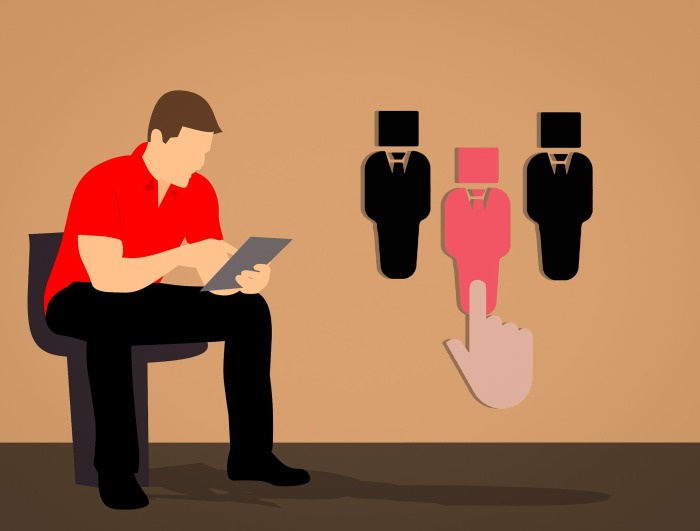What’s one of the biggest challenges faced by the HR team of an organisation?
Well, if you guessed “helping the business areas to find and select the best possible candidates for an interview”, then you are partially correct. However, it’s not just about selecting the right candidate by running a professional, role focused recruitment process. What’s often even harder is to retain the people that are selected.

This blog focuses on the need to ensure that business areas and Human Resource don’t drop the ball post the recruitment process. The hard work of retaining and developing the new people coming into your organisation is where the real return on investment is either realised or lost.
While there is no doubt that a strong remuneration and benefits package including components like performance bonuses, flexible work arrangements and assistance with health/fitness and child care services do play an important role in successful recruitment and retention, they are only part of the picture.
A recent study declares 91% of employees at small and medium size enterprises identified non-traditional benefits (like child care and gym memberships) as an important aspect of their job attraction and satisfaction
These non-traditional benefits can have positive impacts on employees’ well-being and likelihood to stay with an employer. A further breakdown pf this headline statistics shows that
- 85% of employees feel non-traditional benefits improve employee morale.
- 82% feel non-traditional benefits improve employee retention, and
- 73% feel non-traditional benefits boosts company culture.
Below-mentioned are a few tips that will help you to retain the right talent, help to keep them happy and more motivated to work with your organisation over time.
ENCOURAGE HEALTHY WORK/LIFE BALANCE: Good employees love to stay with employers where there is some ‘give and take’ in how and when work is done. Allow them to take an off to attend their children’s sports day, doctor’s appointment. Give them a birthday off or allow them to do work from home occasionally. Good employees will appreciate these types of offerings from there and in turn they can help to motivate that ‘extra effort’ when it’s needed.
PROVIDE AUTONOMY TO EMPLOYEES: Don’t try to be a ‘Sherlock Holmes’ constantly watching over your employees’ every move. Show trust in your employees. The right employees want to take ownership of their own work and usually do tasks independently in order to come up with the required results. Conversely, don’t put off providing feedback to employees when they aren’t delivering – because good employees can get quickly demotivated when they work hard and others are carried at work.
RECOGNITION AND REWARD: The feeling of being genuinely appreciated motivates employees like nothing else. Meaningful recognition serves as a great motivation for employees to perform their best and grow themselves while continuing to work with the company. A simple ‘well done’ delivered as close as possible to the good work being done, and in a meaningful way and genuine way is worth a lot more to an employee than an award certificate or morning tea.
THE TAKEAWAY
The job with a new employee doesn’t stop when the recruitment process is finished, and the new starter arrives. All that investment can easily be wasted if they enter a work environment and culture that isn’t aligned with the employee expectations as set through the process. Aligning expectations with reality at work is a key obligation for all employers. Take time, invest time in new employees, be honest about the work and the organisation that they will be doing, recognise good work consistently and genuinely – are all critical to attracting and retaining good people.
Having a holistic and robust human resource strategy in place will help you to attract, develop, reward and retain employees in the most effective manner.